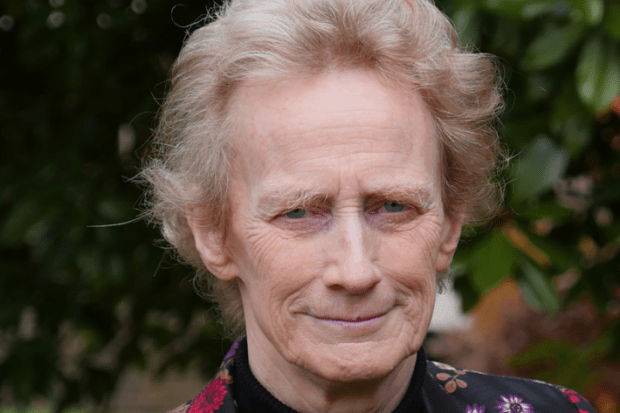Dame Athene Donald is the first to admit she doesn’t have all the answers – especially if the question is how to get more women into scientific fields.
“Whenever I give a talk, sixth-form girls will come up to me and say, ‘This is great’…but it’s still the teachers and policymakers we need to reach, and I don’t know how to do that.”
In the past decade, the physicist and master of Churchill College, Cambridge has given many a talk in her campaign to diversify science, technology, engineering and mathematics (STEM). Her latest book, Not Just for the Boys: Why We Need More Women in Science, tries to get at the root of one of academia’s most obvious and persistent problems.
“I am very conscious that…take girls doing the physics A level, the numbers don’t change very much,” she told Times Higher Education at an event hosted by Murray Edwards College, Cambridge. “And why, if everyone recognises this is going on, why is nothing changing?”
Ironically perhaps, Dame Athene’s path into advocacy has meant stepping back from her own research – despite the fact that she still sees herself as “absolutely a scientist”. She became Cambridge’s gender equality champion in 2010, and initially thought she could juggle this with her Churchill post.
Campus resource: Embedding gender equality: building momentum for change
“Both seemed like great things to do but I didn’t realise that between the two of them, it would kill my research,” she said. “I find it quite weird that I sort of morphed into being an advocate. I get quite nervous sometimes about reading social science research and thinking, am I getting this right?”
While she acknowledged there is widespread recognition that more needs to be done to get women into STEM – and believes leaders at Cambridge have been “very supportive” of her mission – she finds herself frustrated at the pace of change. The fact that women still lag behind in the sciences, she believes, is not just bad for individuals but for society at large. She likens this to a company lacking a diverse board, which could result in governance decisions that overlook impacts on certain groups.
But what are the leading causes behind the lack of women in fields such as physics? According to Dame Athene, the messages children receive in their earliest years are “absolutely fundamental”. Further along the line, the numbers “fall down” at PhD level, with women dropping out as they ascend the career ladder. The causes are numerous and the solutions should be, too.
“As a college, we still don’t get equal numbers of men and women applying. We go fishing in the pool [of applicants who have failed to land their first-choice college] and that’s how we make up our numbers. So, there are things you can do by just not being blind.”
She also believes that “we should be looking at the way we teach and structure exams”, along with the “subtle dynamics” that go hand in hand with women being in the minority in the field.
While Dame Athene is keen to drive change, she believes in approaching difficult conversations with empathy and kindness toward others.
“I hate the phrase microaggressions…aggression implies intent. Very often, people act out of stupidity or ignorance rather than intent. By labelling people, you are putting them in the wrong and making them defensive. The people who are doing it are the people you’ve got to change.”
Dame Athene recounted an example from earlier in her career, where at an event, a male colleague put his arm around her. While it didn’t particularly bother her, she recalled thinking about how this would have looked, had the person on the receiving end been a young woman.
“I think it’s very important for people to feel comfortable calling out that behaviour…even if it’s saying, ‘Hey, did you mean to say that?’” she said. “I spent a long time agonising over how to write that email.”
But while Dame Athene supports speaking up about such incidents, she isn’t a fan of finger-pointing, instead favouring a more inclusive approach.
“When I was first appointed as professor, there were still very few women teaching at the university. There was a group that tried to get all the female professors together and they were like, ‘We don’t want to work with men.’ I think it’s so important to involve men,” she said.
Now 70, with several decades in academia under her belt, she has just a few months to go in her time at Churchill. It seems an appropriate time to reflect on her legacy. The first woman to have become master of the college, she has overseen it as the proportion of female students drew level to that of men.
While she said there was more to do, with the college yet to achieve parity in maths or engineering, she acknowledged: “Being remembered for bringing us to a 50:50 position is not a bad thing.”




